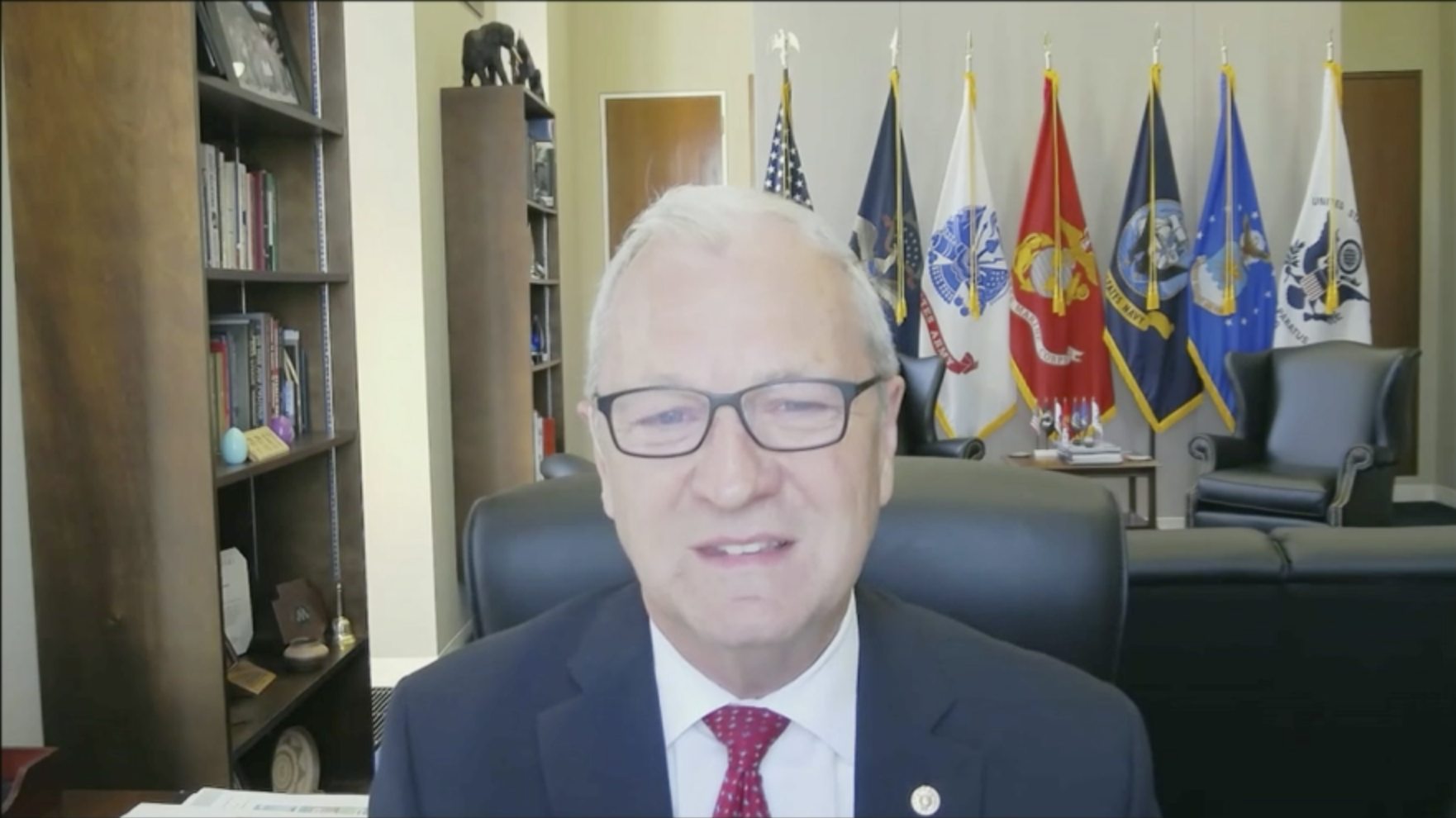***Click here to download video. Click here for audio.***
WASHINGTON – At a Senate Banking, Housing and Urban Affairs Committee hearing, U.S. Senator Kevin Cramer (R-ND) discussed challenges facing the National Flood Insurance Program (NFIP), a program created by Congress through the National Flood Insurance Act of 1968, and the importance of ensuring changes to the program protect the ability for homeowners to transfer coverage between private companies and the NFIP without penalty.
“One of the most common concerns I hear from homeowners and stakeholders of NFIP reauthorization is that we need to ensure there’s not a penalty for a homeowner transferring between the government programs or NFIP programs and private flood insurance,” said Senator Cramer.
The hearing’s panelists agreed with Senator Cramer’s concerns and highlighted possible solutions to ensure homeowners maintain continued coverage.
“Everyone should have coverage, whether it’s from the NFIP or the private sector,” said Rebecca Kagan Sternhell, Director of New York City Office of Federal Affairs. “We encourage everyone to maintain coverage, whether you’re switching to the public program or you’re going to private insurance, because at the end of the day we want people protected.”
“If you leave the NFIP, go to a private insurer, and then want to return to the NFIP later … you can still get the rate you had gotten had you not left in the first place. I think that’s a valuable thing where Congress can provide clarity,” said R.J. Lehmann, Senior Fellow and Editor-in-Chief of the International Center for Law and Economics.
“I agree with Mr. Lehmann. The only reason someone would leave the NFIP is if there is a better product or better price or both. But you want to make sure there is confidence that I’m sticking my toe into the water and make sure that if I do want to go back to the NFIP, it is available,” said Stephen Ellis, President of Taxpayers for Common Sense. “I think that will actually foster more people getting coverage, which is really what the whole goal should be is that more Americans get flood insurance coverage.”
“We need to make sure communities aren’t dropping out of the program because they know private flood is available,” said Chad Berginnis, Executive Director of the Association of State Floodplain Managers. “We need to address the discretionary acceptance loophole, a rule that the regulators passed in 2019 that, quite honestly, runs totally contradictory to what Congress directed in terms of private properties.”
